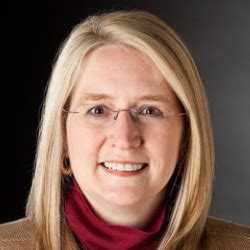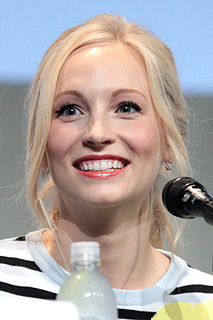A Quote by Molly Ringwald
The wonderful thing about books is you never run out of them, you can just keep going. So I'm always finding new writers, or old writers that I just happen not to have read.
Related Quotes
There are things I read doing research, and there are certain books and writers I just love to read. There are books of Brian Morten's that I love, for instance. There's a wonderful book by an Australian writer named Helen Garner called 'The Children's Bach,' and I just love the way she uses language in it.
There is this thing called the university, and everybody goes there now. And there are these things called teachers who make students read this book with good ideas or that book with good ideas until that's where we get our ideas. We don't think them; we read them in books. I like Utopian talk, speculation about what our planet should be, anger about what our planet is. I think writers are the most important members of society, not just potentially but actually. Good writers must have and stand by their own ideas.
I would give them (aspiring writers) the oldest advice in the craft: Read and write. Read a lot. Read new authors and established ones, read people whose work is in the same vein as yours and those whose genre is totally different. You've heard of chain-smokers. Writers, especially beginners, need to be chain-readers. And lastly, write every day. Write about things that get under your skin and keep you up at night.
I am a product of endless books. My father bought all the books he read and never got rid of any of them. There were books in the study, books in the drawing room, books in the cloakroom, books (two deep) in the great bookcase on the landing, books in a bedroom, books piled as high as my shoulder in the cistern attic...In the seemingly endless rainy afternoons I took volume after volume from the shelves. I had always the same certainty of finding a book that was new to me as a man who walks into a field has of finding a new blade of grass.
You know, it's a funny thing about writers. Most people don't stop to think of books being written by people much like themselves. They think that writers are all dead long ago--they don't expect to meet them in the street or out shopping. They know their stories but not their names, and certainly not their faces. And most writers like it that way.
There's never been a great fight without the writers taking on and finding an identity for it. That's probably what has happened boxing. Writers are not writing about us big boys anymore and I tell you right, however you feel, take something, find it, and use it because American needs something to read about.
Shakespearean words, foreign words, slang and dialect and made-up phrases from kids on the street corner: English has room for them all. And writers - not just literary writers, but popular writers as well - breathe air into English and keep it lively by making it their own, not by adhering to some style manual that gets handed out to college Freshmen in a composition class.
If you are resolutely determined to make a lawyer of yourself, the thing is more than half done already. It is but a small matter whether you read with anyone or not. I did not read with anyone. Get the books, and read and study them till you understand them in their principal features; and that is the main thing. It is of no consequence to be in a large town while you are reading. I read at New Salem, which never had three hundred people living in it. The books, and your capacity for understanding them, are just the same in all places.
So you have the challenge of just learning the lines, period, and not only learning them, but learning them to the extent that you assimilate them, so that you're not worried about what the next word is coming out of your mouth when it comes to doing a scene. And you're also in the trenches with the writers, just in the wonderful kind of back and forth of how is it best to say something, even if it involves four or five words. I love that kind of thing.



































